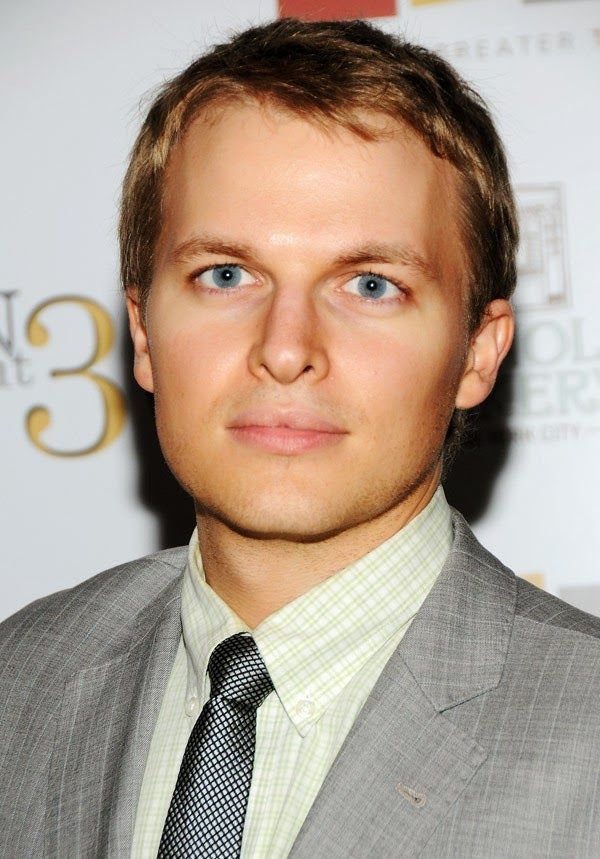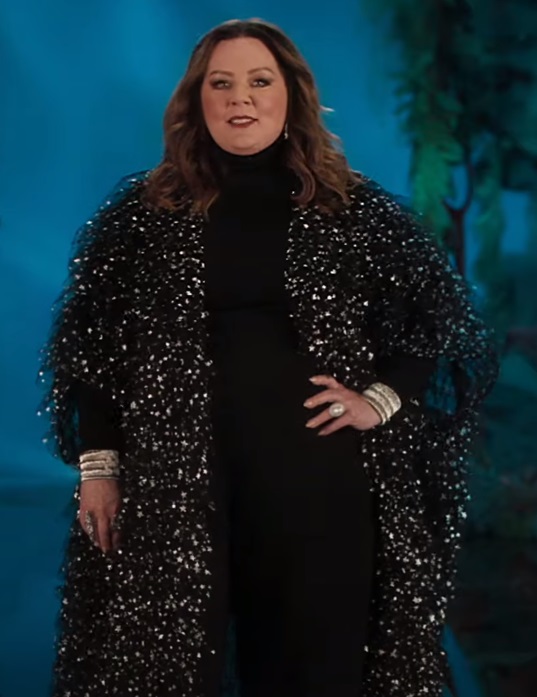
Lately, the experience of hearing about new movies set to hit theaters often borders on a curious case of déjà vu. It’s a sensation many of us are intimately familiar with, that unsettling feeling that we’ve seen this exact scene play out before, perhaps with slightly different lighting or a more dramatic soundtrack, but fundamentally, it’s the same show. This isn’t just a glitch in the matrix of our collective viewing habits; it’s a systemic pattern that has Hollywood seemingly caught in an endless loop, recycling the same few actors for casting decisions, especially over the past couple of years.
The entertainment industry, much like a gourmet restaurant with a limited-edition menu, seems content to serve up variations of the same beloved dish. Oh, you wanted a fresh storyline? Here’s Mark Wahlberg playing a slightly angrier version of himself again. Craving nuanced character development? Too bad, because Dwayne “The Rock” Johnson is back in yet another jungle adventure, flexing his way through peril as if allergic to original plots. This phenomenon, which some wryly term Hollywood’s Copy-Paste Syndrome, leaves audiences simultaneously comfortable and, at times, craving something genuinely new.
So, why does the dream factory, an industry built on imagination and innovation, persistently lean on a familiar rotation of faces? The question, though simple, sparks a multitude of theories. From the gravitational pull of star power promising box office gold to the cozy familiarity of director-actor comraderies, the reasons are as layered as a prestige drama. At its heart, however, is a calculated gamble: big names attract big audiences, high-quality performances are virtually guaranteed, and the resulting buzz often translates directly into vast film reception and, crucially, good money. Let’s peel back the layers of this recurring blockbuster narrative and explore the specific talents and trajectories of some of the leading ‘It Boys’ who have Hollywood in a chokehold.
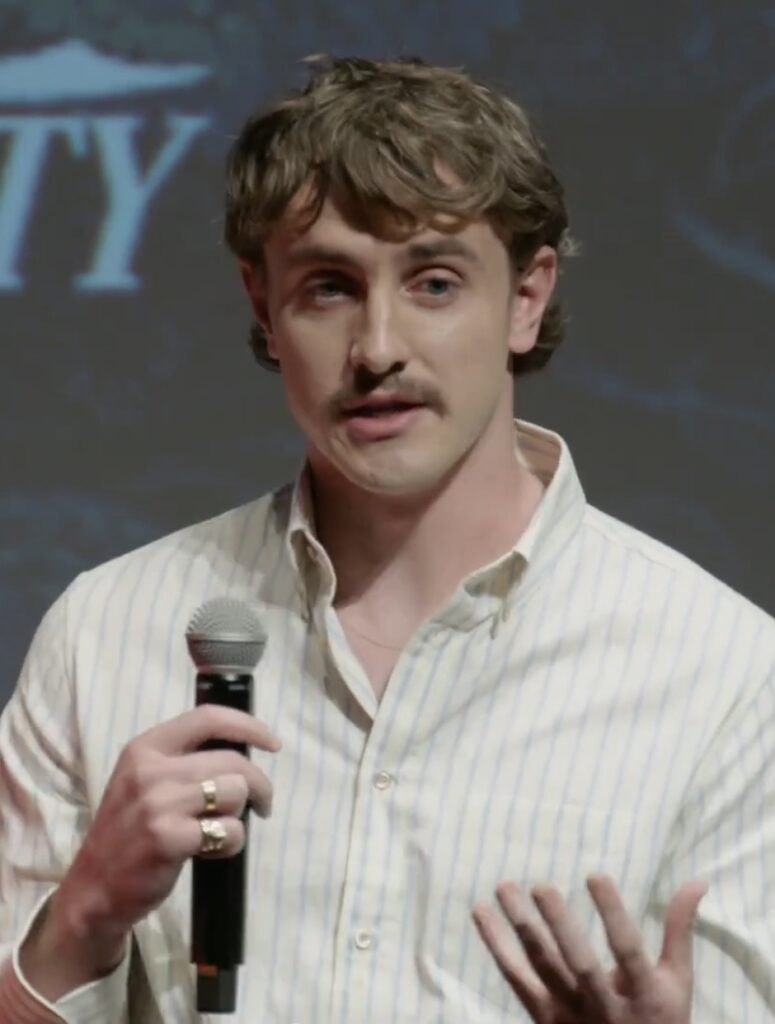
1. **Paul Mescal: The Endearing Everyman with Hidden Depths** At just 28, Ireland’s Paul Mescal has become an export as potent as any cultural phenomenon, quickly establishing himself as a formidable talent capable of fighting fellow countryman Barry Keoghan for that esteemed accolade. His ascent to fame was nothing short of meteoric, largely propelled by his BAFTA-winning portrayal of the walled-off Connell Waldron in the critically acclaimed series *Normal People*. Across 12 episodes, Mescal delivered a performance packed with daring nudity and an emotionally challenging take on inarticulate love, immediately capturing the hearts and imaginations of audiences worldwide.
Mescal’s inherent blue-eyed, boy-next-door quality makes him exceptionally endearing and approachable, positioning him as the kind of actor many would genuinely want to share a pint with. This particular charm quickly made him a fan favorite for the role of Paul McCartney in Sam Mendes’s upcoming Beatles biopics, a casting prophecy that, to a degree, became self-fulfilling due to the clamor for such “TikTok darlings” to embody cultural icons. His perceived relatability and undeniable talent have made him a go-to choice for roles demanding both vulnerability and understated strength.
His film apprenticeship, prior to his current leading-man status, involved a strategic sidestep, allowing him to learn from the seasoned expertise of actors like Olivia Colman in *The Lost Daughter*, Emily Watson in *God’s Creatures*, and Andrew Scott in *All of Us Strangers*. Even in Charlotte Wells’s superb *Aftersun*, a film for which he garnered a Best Actor Oscar nomination at the tender age of 27, Mescal chose to inhabit a broken young father in glimpses, more often hiding than revealing himself, showcasing a remarkable subtlety in his craft.
While *Gladiator II* pushed him further into the global spotlight, the role of Lucius, many felt, was too thinly conceived, failing to provide the substitute for Russell Crowe’s Maximus that the script desperately needed. This was a trade-off: the film undoubtedly increased his name recognition around the world, but it didn’t afford him the killer acting opportunities one might have hoped for. Yet, his presence ensured a vast film reception, demonstrating Hollywood’s reliance on his drawing power, even in less-than-ideal circumstances.
Looking ahead, Mescal’s slate of forthcoming projects brims with huge potential, promising a dazzling future for the actor. He has wrapped on *The History of Sound*, a gay romance alongside Josh O’Connor, directed by *Living*’s Oliver Hermanus. He’s also set to play a grieving Shakespeare in Chloé Zhao’s adaptation of Maggie O’Farrell’s *Hamnet*, and has begun filming the first sections of Richard Linklater’s ambitious *Merrily We Roll Along*, a screen version of the Stephen Sondheim musical that will be filmed, *Boyhood*-style, over two decades. If ‘Mescal-mania’ ever wanes, a spectacular revival around the 2040 mark is eminently possible, cementing his long-term viability in Hollywood.
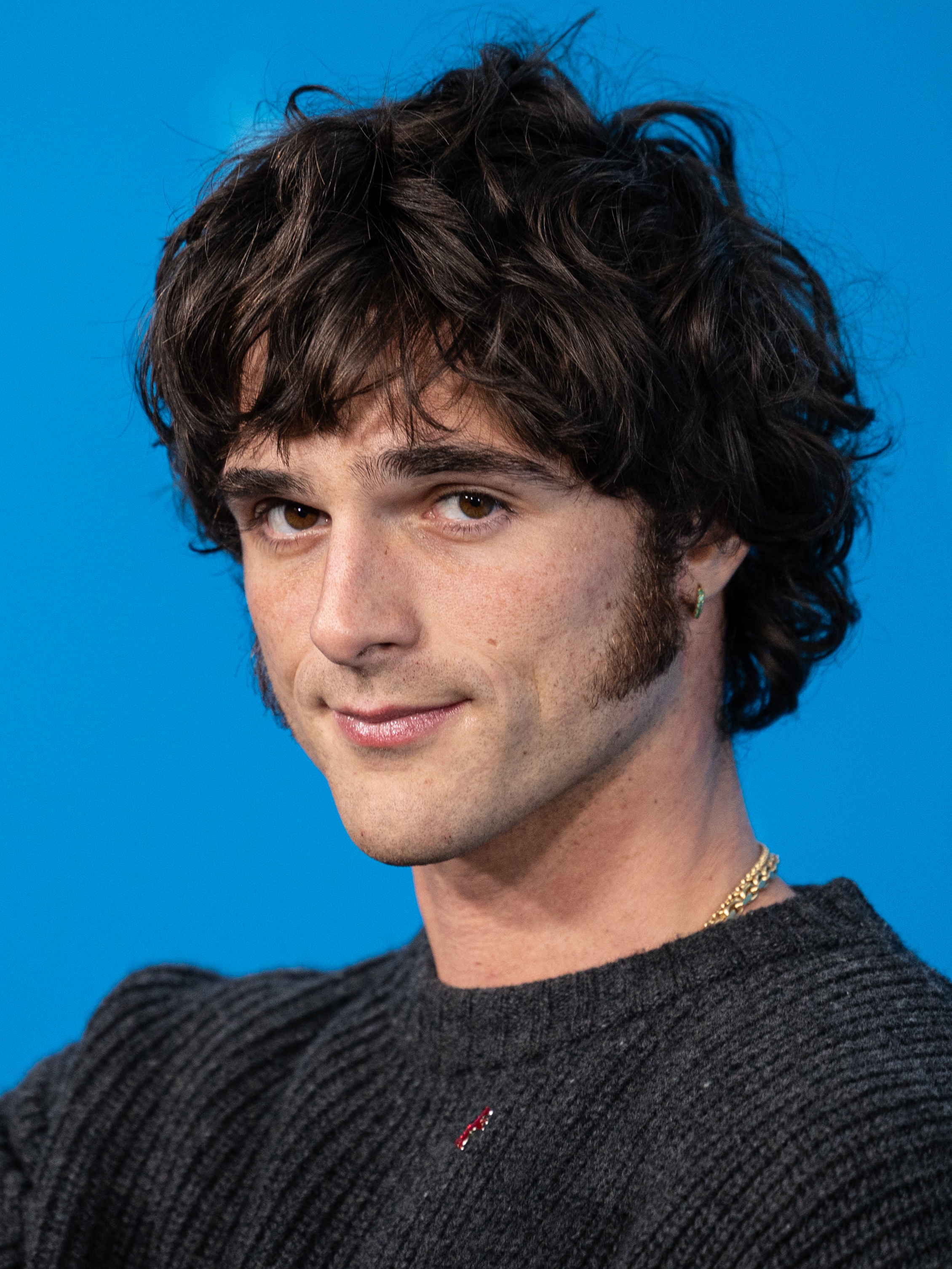
2. **Jacob Elordi: The Towering Presence with a Dark Allure** At a formidable 6 ft 5in, Australian actor Jacob Elordi once feared his height might be a hindrance, even going so far as to pretend he was a few inches shorter to secure casting calls. Now, at 28, his stature has become an undeniable part of his star persona, a secret weapon that helps him stand out from the herd. When Elordi enters a room, heads turn; he possesses a classically handsome countenance, complete with a savage eyebrow game and an interesting, angular face that projects both authority and charm, yet can cloud over with a blink.
Mastering an American accent proved to be the initial key to Elordi’s rapid success, transforming him into a dab hand at playing bad-boy jocks, a persona he perfected in Netflix’s *Kissing Booth* and HBO’s *Euphoria*. His magnetic appeal to younger audiences was not lost on industry insiders. Sofia Coppola, recognizing his charm, reasoned that “Girls go crazy around him” when she cast him as Elvis in her 2023 biopic *Priscilla*, a film where he effortlessly stole the spotlight with his nuanced portrayal of the iconic singer.
The same year saw Elordi deliver another standout performance in Emerald Fennell’s *Saltburn*, a role that truly allowed him to stretch his range. As Felix, the entitled British aristocrat who treats people as his playthings, he assumed the character with a perfect blend of lazy wit and captivating lethargy, seeming absolutely to the manor born. This successful collaboration led to Fennell casting him again, this time as Heathcliff in her 2026 update of *Wuthering Heights*, underscoring the value of director-actor comraderies in perpetuating specific casting choices.
Before *Wuthering Heights*, Elordi is set to appear as the lead in Justin Kurzel’s TV adaptation of Richard Flanagan’s harrowing Second World War novel *The Narrow Road to the Deep North*. Clearly drawn to darker, more complex roles, it feels almost inevitable that someone will eventually cast him as Dracula. For now, audiences can eagerly anticipate his portrayal of Frankenstein’s monster in Guillermo Del Toro’s new Netflix version, an enticing prospect for next year, where his lurching stature and ability to convey a dazed affect, honed from numerous intoxicated on-screen performances, are perfectly suited.
Andrew Garfield, who had to withdraw from the Frankenstein role due to scheduling conflicts, graciously admitted that Elordi’s casting might be a serendipitous stroke of luck. If Elordi can drive his legions of fangirls wild even as Mary Shelley’s agglomeration of dead body parts, he will be doing the horror genre a truly freaky service, further proving that his unique blend of charm and darkness is a surefire way to bring in good money and vast film reception.
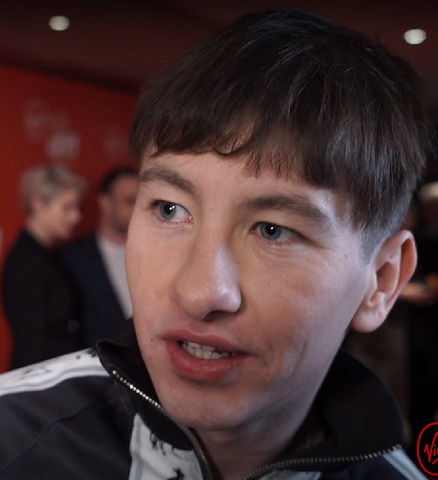
3. **Barry Keoghan: The Wild Card with a Gimlet Eye** Barry Keoghan, at 32, has been a recognizable face in cinema for a longer tenure than many of his peers, often embodying characters that exude a certain lairy trouble. He garnered significant roles in acclaimed films such as *’71* (2014) and *Dunkirk* (2017), but it was his chilling, impossible-to-ignore portrayal of a blank, baby-faced psychopath terrorizing Colin Farrell and Nicole Kidman in *The Killing of a Sacred Deer* (2017) that truly cemented his unsettling on-screen presence. Audiences never felt safe with him on screen then, and arguably, they never do now; he is the quintessential wild card, the gimlet-eyed joker in Hollywood’s deck.
For these distinct reasons, the Dublin-born star often gravitates more towards being a character actor than a conventional lead, meticulously keeping tabs on the best scripts set in Ireland that come down the pike. He was ideally suited to playing a bleached-blond wastrel sidekick in Nick Rowland’s ace crime drama *Calm with Horses* (2019), and has since ventured back to similar, though perhaps somewhat overfamiliar, terrain with the farming thriller *Bring them Down*, slated for release in February. This consistent choice of roles highlights his strategic approach to his career, leveraging his unique brand for specific, impactful parts.
What truly nudged Keoghan to a new stratosphere of acclaim was his role in *The Banshees of Inisherin* (2022), for which he swept virtually every supporting actor nomination, securing a clutch of awards, including a BAFTA. His stellar technique was on full display, particularly in the memorable scene where he awkwardly sidles up to Kerry Condon by the lake to propose, a moment so poignant it epitomized a dream slipping away. While the role of this harmless fool allowed Keoghan to play younger and naive, a persona he’s arguably past, it also raised the question of how even more poignant it might have been to see an unknown actor seize that chance, hinting at Hollywood’s missed opportunities when focusing solely on established names.
Instead of portraying the giggling, depraved Caracalla in *Gladiator II*, Keoghan made a pivotal decision to duck out and take the lead in *Saltburn*. This proved to be a tricky assignment that blossomed into a sleeper hit and marked a significant step forward in his career trajectory. He masterfully made creepy sense of the scheming snake-in-the-grass character, becoming a meme king with his infamous naked dancing, yet always keeping a part of the character’s true intentions tucked away, a testament to his ability to blend performance with pop culture impact. His upcoming slate is diverse, including The Weeknd’s directorial debut and a film about the soldier guarding Saddam Hussein in his final days. How he will fare as Ringo Starr in the Beatles biopics remains a Riddler-sized question mark—can he embody both gregariousness and mystery? We will certainly see, as his continued presence demonstrates Hollywood’s unwavering belief in his distinct appeal to ensure high-quality performances and strong box office draw.”
The ‘It Boy’ oligopoly, seemingly a self-perpetuating ecosystem, continues its dominance with a few more faces who, through a blend of talent, strategic choices, and perhaps a dash of industry-engineered hype, have cemented their place in every casting director’s contact list. This isn’t merely about individual brilliance; it’s a testament to how Hollywood navigates the precarious balance between guaranteeing returns and feeding the beast of public demand, sometimes at the expense of novelty. Let’s peel back the layers on the remaining titans of this talent pool, alongside the emerging forces ready to claim their share of the cinematic pie, and consider the broader implications for an industry often accused of playing it too safe.
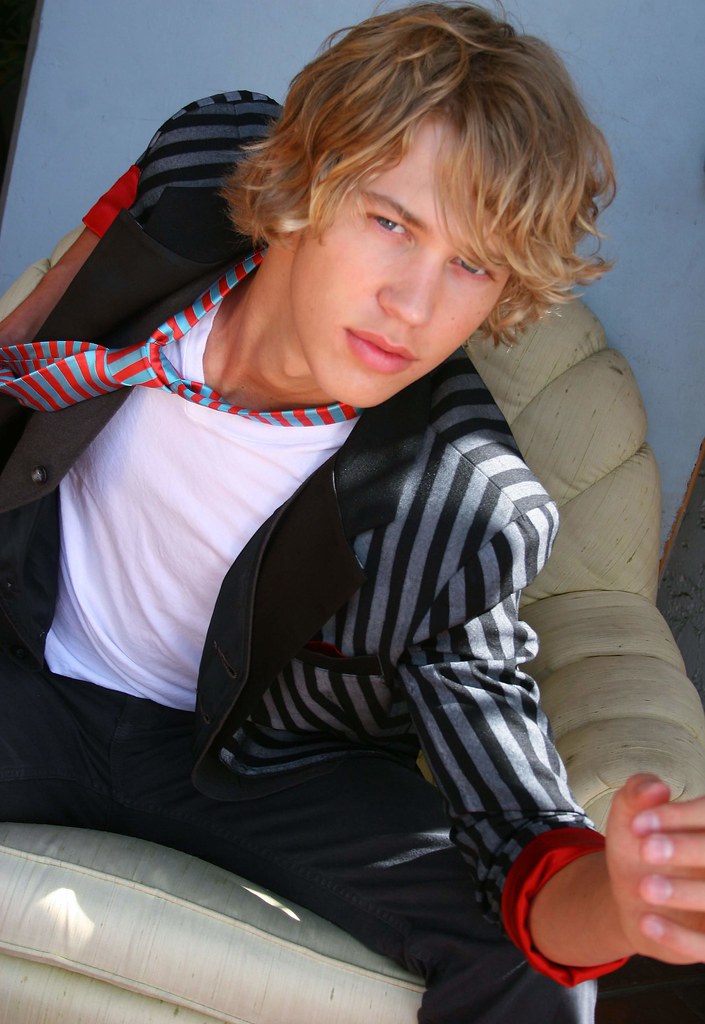
4. **Austin Butler: The King of Reinvention with a Lingering Drawl**Austin Butler’s transformation into Elvis Presley was nothing short of cinematic alchemy. Plucked from years of relative teen-drama obscurity by Baz Luhrmann’s 2022 biopic, he didn’t just embody the swagger; he became the King, full-throated and possessed by a raw, rowdy inner fire. His slick navigation through awards season was proof of this magnetic performance, leading many to believe he would have effortlessly swiped the Best Actor Oscar that year, had it not been for the irresistible career-comeback narrative of Brendan Fraser. It was a breakout performance that transcended mere imitation, establishing Butler as a serious dramatic force.
The aftermath of embodying such an icon brought its own unique challenge: shedding Elvis. Long before Oscar night, the internet was abuzz with a curious observation – Butler’s Memphis drawl hadn’t quite gone away. It was a vocal signature so deeply ingrained from nearly three years of perfecting it that unlearning it required the aid of a dedicated vocal coach. This lingering accent, far from being a mere anecdote, became a tangible symbol of his profound immersion in the role, underscoring the kind of dedication that Hollywood values, even as it paradoxically wrestled with the shadow of its own creation.
Yet, Butler isn’t one to rest on his laurels or be permanently confined by a singular iconic portrayal. At 33, making him the oldest of this crop of ‘It Boys,’ his ‘Marlboro Man affect’—a rugged, classic masculinity—is strong, making him look perfectly at home on horses, as seen in his cameo as ‘Tex’ in *Once Upon a Time in Hollywood*, and equally charismatic on Harley-Davidsons, as demonstrated in *The Bikeriders*. This robust image, however, is one he deliberately aims to cut against. The smoldering pin-up phase, while lucrative, can’t last forever, and Butler is strategically pivoting to ensure a diverse and enduring career beyond the rhinestone suits.
His role as the almost unrecognisable villain Feyd-Rautha in *Dune: Part Two* served as a stark, dramatic statement of intent. Rendered bald and shiny as a chest-burster alien, he delivered a performance that critics likened to Bill Skarsgård’s chilling turns, a fitting comparison given Stellan Skarsgård played his father in the film. This wasn’t just a supporting role; it was a calculated showcase of transformative villainy, a deliberate move to shatter perceptions and prove his range. It signaled to the industry that Butler was ready for roles far removed from musical biopics, cementing his status as a versatile leading man capable of captivating audiences with a truly menacing presence.
Now, the true test of his post-Elvis, post-Dune evolution awaits. A formidable slate of upcoming projects under the direction of Darren Aronofsky, Ari Aster, and Michael Mann—including the long-promised *Heat 2*—promises to push his boundaries even further. Perhaps most intriguing is his casting as Patrick Bateman in Luca Guadagnino’s new version of *American Psycho*. It’s undoubtedly a colossal ask to eclipse Christian Bale’s iconic 2000 interpretation, and the wisdom of a remake is debated. But the prospect of Butler, now liberated from the Memphis drawl and the Elvis persona, unleashing ‘pure devilry with a smirk’ in crisp white collars is an enticing one, suggesting that his career is just hitting its most fascinating stride.
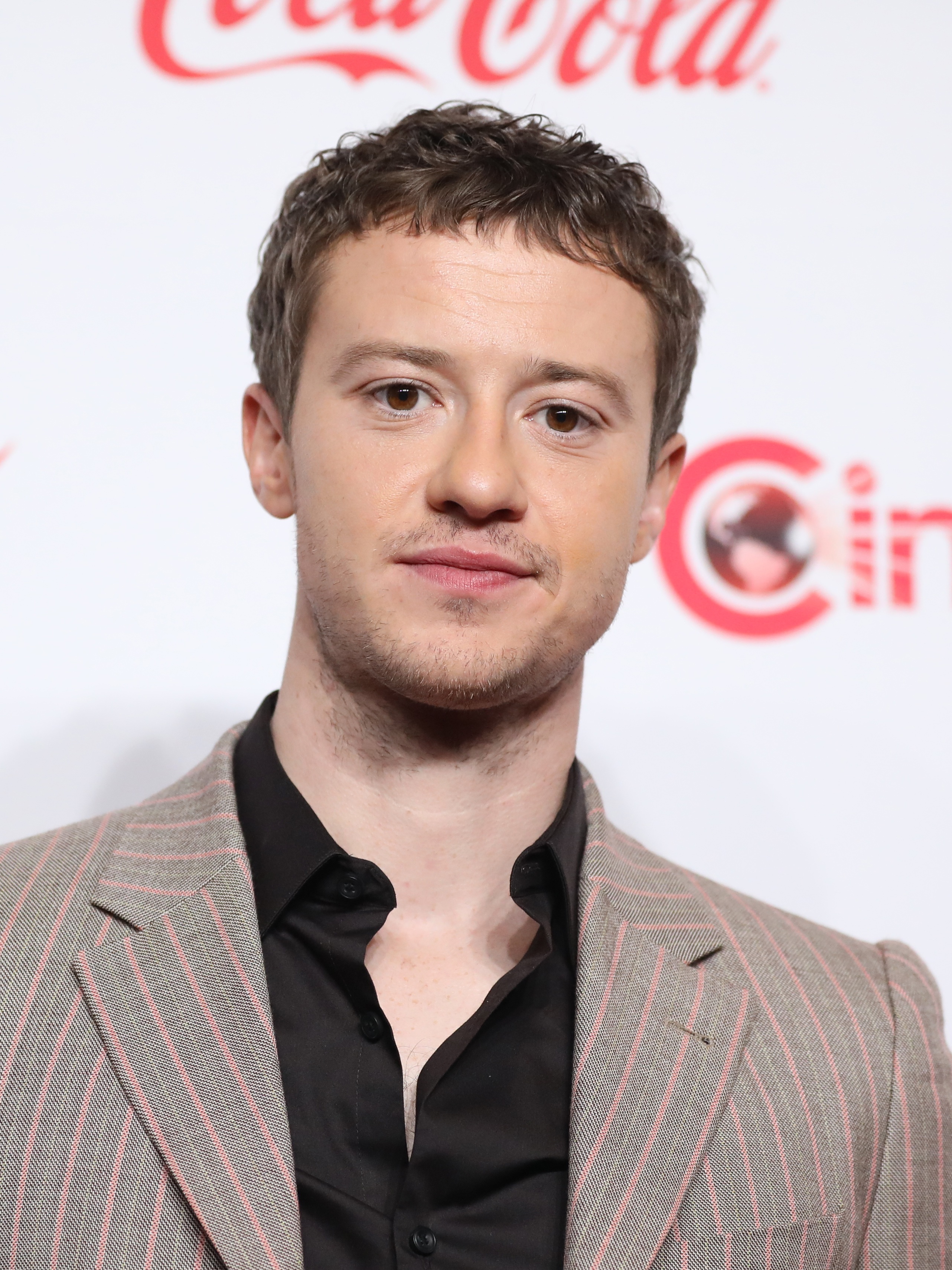
5. **Joseph Quinn: The Transfixing Talent Ready for the Marvel Universe**Knocking confidently on the door of this exclusive ‘It Boy’ club, Joseph Quinn stands as another Brit with immense promise. While not yet as omnipresent as some of his peers, Quinn has already made a significant, transfixing impression in every role he’s taken. His trajectory includes an apprenticeship running the gamut from period dramas like the BBC’s *Howards End*, where he was an ideal Leonard Bast, to the global pop culture phenomenon of *Stranger Things*. He also secured a pivotal role as the emperor who ‘stayed put’ in *Gladiator II*, demonstrating his growing industry cachet and the trust placed in his emerging star power.
Quinn possesses a unique acting quality often highlighted by his ‘big, welling, terrified eyes,’ a feature put to brilliant, memorable use in *A Quiet Place: Day One*. In a film where characters couldn’t make a sound, the raw emotion conveyed through his gaze alone spoke volumes, proving his capacity for nuanced, impactful performances even under extreme narrative constraints. This ability to deliver a compelling character through subtle expressions and palpable vulnerability marks him as an actor who understands the power of understatement, a valuable asset in an industry often prone to over-the-top dramatics.
His upcoming role as Johnny Storm, famously known as The Human Torch, in Marvel’s *Fantastic 4*, is set to propel him firmly into the mainstream consciousness and solidify his ‘It Boy’ status. Joining a major cinematic universe like Marvel is a surefire way to increase global recognition and guarantee a vast film reception. This casting decision underscores Hollywood’s strategy of integrating talented, on-the-rise actors into lucrative franchises, leveraging their existing appeal while simultaneously manufacturing new global stars. Quinn’s particular blend of earnestness and intensity seems perfectly suited for a character known for both his youthful exuberance and his internal conflicts.
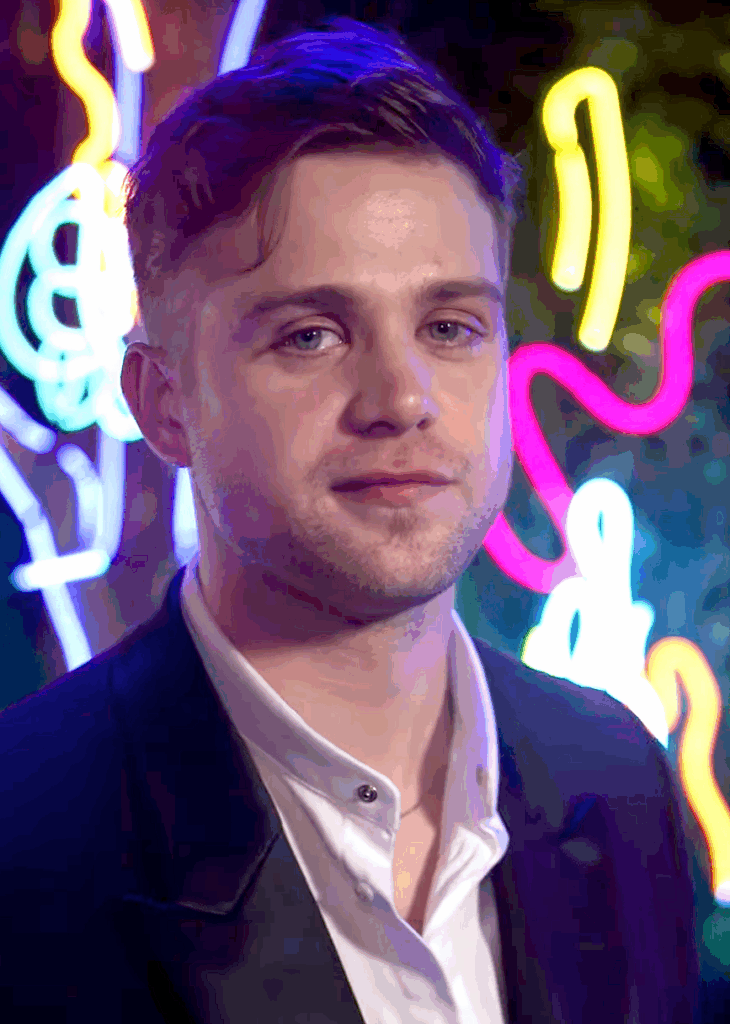
6. **Leo Woodall: The Charming Rogue with Mercenary Secrets**Another British talent poised on the cusp of full ‘It Boy’ ascendancy is Leo Woodall, whose magnetic performance in the second season of *The White Lotus* was a genuine revelation. As an Essex boy brimming with cheeky charm and a core of mercenary secrets, his character resonated deeply with audiences because it felt uncannily like a real person. Woodall seamlessly blended charismatic surface appeal with an underlying complexity, capturing the zeitgeist of a certain type of millennial ambition and disillusionment that made him instantly relatable and endlessly watchable.
Woodall’s visual appeal is a significant part of his star persona; he embodies a striking resemblance to a young Michael Pitt, presenting a captivating duality of ‘part rebel, part angel.’ He understands how to leverage this inherent aesthetic, consistently working it to his advantage in various projects. This was evident in the Netflix *One Day* adaptation, where his blend of vulnerability and allure contributed significantly to the series’ emotional depth and popular appeal, further solidifying his ability to carry a romantic lead role with authenticity and charm.
Looking ahead, Woodall’s trajectory continues its upward climb with his casting in the highly anticipated *Bridget Jones: Mad About the Boy* next year. The context suggests that Renée Zellweger’s character will ‘need to be on guard,’ hinting at Woodall stepping into a role characterized by a ‘slippery catch’ quality – a type that is consistently appealing and often central to romantic comedies. His ability to project both boyish charm and a subtle edge makes him a compelling choice for roles that require a delicate balance of likability and potential mischief, ensuring his continued presence in projects that promise both critical engagement and broad audience appeal.
So, there you have it: the current ruling class of Hollywood’s ‘It Boys’ who, for better or worse, are steering the ship of our cinematic future. Their individual talents are undeniable, often rare and distinctive, and when casting directors truly understand their specific strengths, these actors shine. Yet, the persistent cycle of seeing the same faces in every major production, while perhaps a calculated gamble for studios banking on recognition and guaranteed performance, inadvertently creates an oligopoly. It raises the pointed question: at what cost does this calculated comfort come? While director-actor synergies, as seen with Wes Anderson’s long-standing repertory or Scorsese’s frequent collaborations, can forge cinematic brilliance, an industry overly reliant on a familiar cluster risks stifling novelty and denying a platform to legions of aspiring talents ‘waiting tables’ while the same few hoover up all the parts. Ultimately, while we can enjoy the films these stars deliver, a genuine craving for ‘something new’ persists among audiences. A little novelty in casting choices never hurt anyone; in fact, it might just be the jolt Hollywood needs to keep the dream factory truly dreaming.

